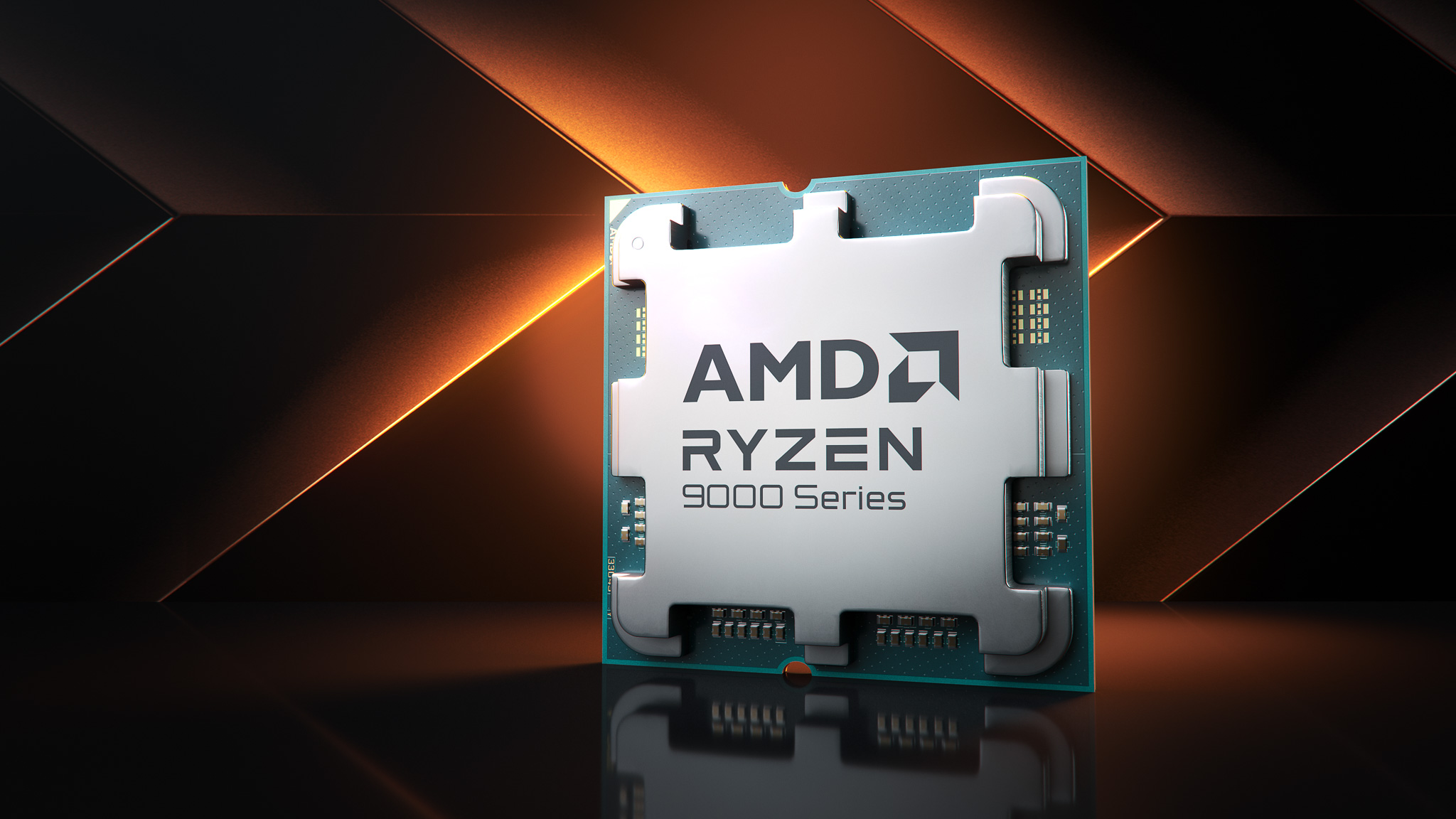AMD Ryzen 9700X and 9600X CPUs just got a free speed boost from MSI – and other motherboard makers are rumored to follow
105W ‘turbo mode’ is introduced with the latest BIOS release from MSI

Sign up for breaking news, reviews, opinion, top tech deals, and more.
You are now subscribed
Your newsletter sign-up was successful
AMD’s mid-range Ryzen 9000 processors are set for another speed boost, at least if a new option MSI has introduced with its AM5 motherboards is anything to go by.
Wccftech spotted that MSI’s new BIOS (with AGESA 1.2.0.1) has a fresh option to turn on a ‘105W TDP’ mode for AMD Ryzen 9700X and Ryzen 9600X processors.
Normally these run at 65W, so increasing the power usage to 105W means that the chips can muster additional performance (at the cost of that raised power consumption, naturally).
Kuroberu on X first highlighted this and observed that with the new 105W mode running, the Ryzen 9700X hits a multi-core score of 23,153 in Cinebench R23, which is appreciably faster than in its standard 65W configuration where it scores 20,409.
Received new BIOS from MSI, with a new option "TDP to 105W" to increase TDP of Ryzen 9700X/9600X from 65W to 105W. Ryzen 9700X Cinebench R23 multi-core score : 65W: 20,409, 105W: 23,153. It's 13% faster. pic.twitter.com/mt9wh5AnJSAugust 28, 2024
That’s just over a 13% increase in performance, albeit for a single benchmark run, so obviously we need to be cautious about reading too much into this.
That said, pumping 60% more juice to the CPU is inevitably going to bump up performance to some extent, no matter what you’re doing – but it remains to be seen if that’ll only deliver relatively modest gains in other scenarios.
We assume this mode is disabled by default, but that isn’t made clear. Given that the official spec for these CPUs is a TDP of 65W, this should surely remain the default – and whether to engage the 105W mode would be the decision of the user (who may, or may not, do so, given other considerations regarding their CPU cooler and PC thermals in general).
Sign up for breaking news, reviews, opinion, top tech deals, and more.

Analysis: Realization of that power ramp-up rumor
As you might have noticed, Ryzen 9000 CPUs have rather stumbled out of the gate, and the 9700X and 9600X failed to impress reviewers certainly in terms of gaming performance. Sales have also been flat going by reports, not helped by the relative pricing of Zen 5 silicon at full MSRP compared to now considerably discounted last-gen Ryzen 7000 models.
And, wrapped up in all this, there have been rumors AMD is considering a shift to a TDP of 105W with an inbound BIOS update to make Ryzen 9000 a bit more attractive – and this now appears to have arrived, at least from MSI. The crucial difference is that this is not an across-the-board power usage increase, but an option to do so if you feel the need to get the most out of your mid-range Zen 5 CPU (and you have decent enough cooling, as mentioned).
The question now is: will other motherboard makers follow MSI’s lead? Presumably they will, although Wccftech suggests that the 105W mode isn’t supposed to come in until AGESA 1.2.0.2, later in September or October, and that MSI has moved unexpectedly early in getting it into its AGESA 1.2.0.1-toting BIOS release.
If this new 105W mode really is coming for all motherboards, there’ll be a lot of eyes keenly watching the gaming performance boost that’s delivered. Of course, we’ve already had huge news on that front for Ryzen 9000 and 7000 processors, whereby a new Windows 11 preview update which is available right now boosts gaming frame rates by a massive (almost unbelievable, frankly) amount.
None of this will hurt Ryzen 9000’s chances in the wider war of the best CPUs, of course, but Intel’s Arrow Lake chips are also close to launch at this point, and that’ll change the terrain of the battlefield again.
You might also like
Darren is a freelancer writing news and features for TechRadar (and occasionally T3) across a broad range of computing topics including CPUs, GPUs, various other hardware, VPNs, antivirus and more. He has written about tech for the best part of three decades, and writes books in his spare time (his debut novel - 'I Know What You Did Last Supper' - was published by Hachette UK in 2013).